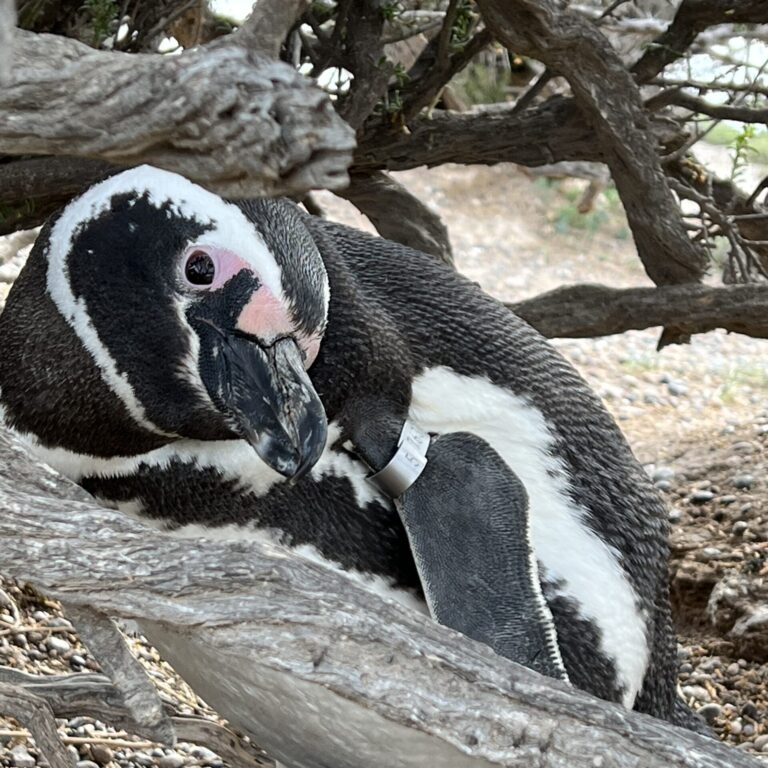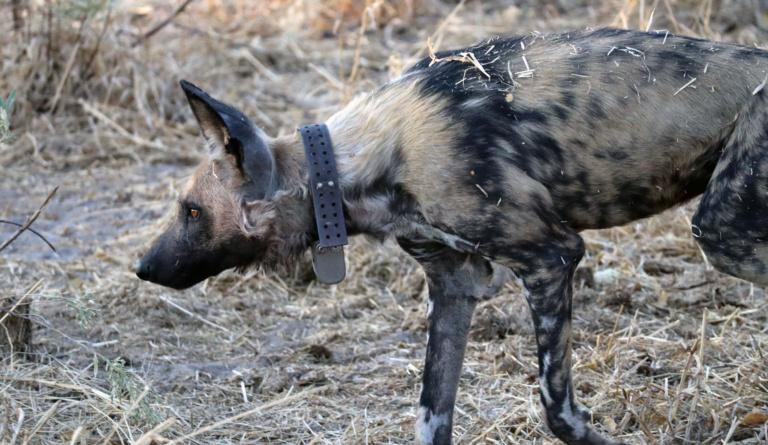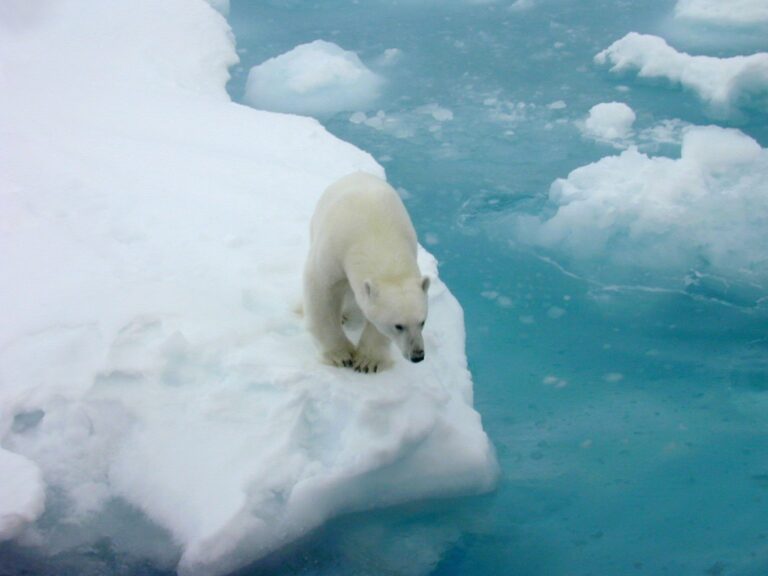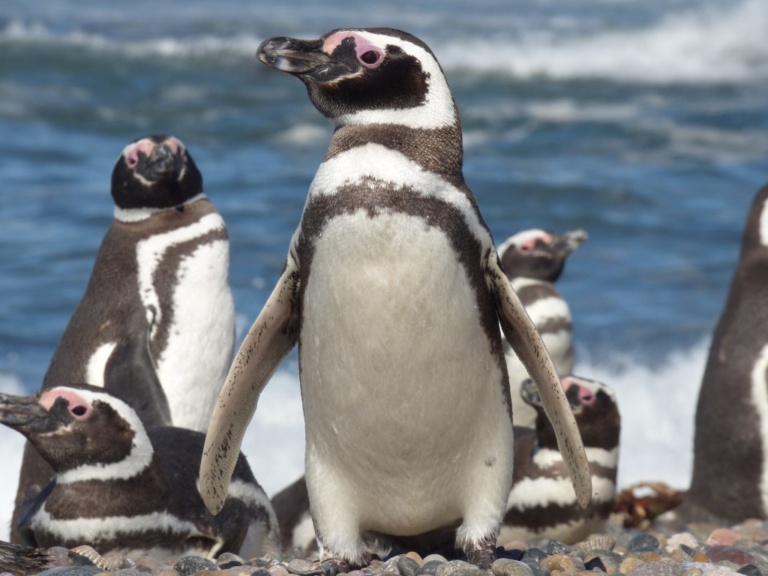Increasing environmental variability inhibits evolutionary rescue in a long-lived vertebrate
“Using a multidecadal dataset on Magellanic penguins, we show that despite strong selection on body size, some environmental conditions favored larger bodies, and others favored smaller bodies, thus preventing consistent evolution in one direction or the other […] Such findings highlight that fluctuating selection can be driven by environmental variability, and these processes could eliminate the possibility of evolutionary rescue […]



